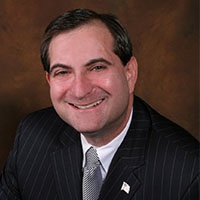Edgemont Estate Planning Lawyer, Pennsylvania
Sponsored Law Firm
-
 x
x

Click For More Info:
-
Ryan, Morton & Imms, LLC
220 West Gay Street West Chester, PA 19380» view mapEstate and Business Law The Lawyers on Your Side
We are the lawyers you would like to have on your side in a legal matter. Please contact us should you need legal advice or assistance.
610-430-1425
Includes: Gift Taxation
Gary Stewart Seflin
✓ VERIFIEDEstate Planning, Personal Injury, Wills, Real Estate, Power of Attorney
With nearly 30 years experience handling delicate legal matters, Gary Stewart Seflin provides the sophistication and successful results of a large fir... (more)
FREE CONSULTATION
CONTACTVictoria Gallen Schutt
Estate Administration, Trusts, Estate Planning, Elder Law
Status: In Good Standing
Neil H. Meyer
Estate, Estate Planning, Wills & Probate, Estate Administration
Status: In Good Standing
Leslie J. Rase
Bankruptcy, Consumer Protection, Estate Planning, Family Law, Real Estate
Status: In Good Standing
FREE CONSULTATION
CONTACT Richard H. Morton West Chester, PA
Richard H. Morton West Chester, PA AboutRyan, Morton & Imms, LLC
AboutRyan, Morton & Imms, LLC

